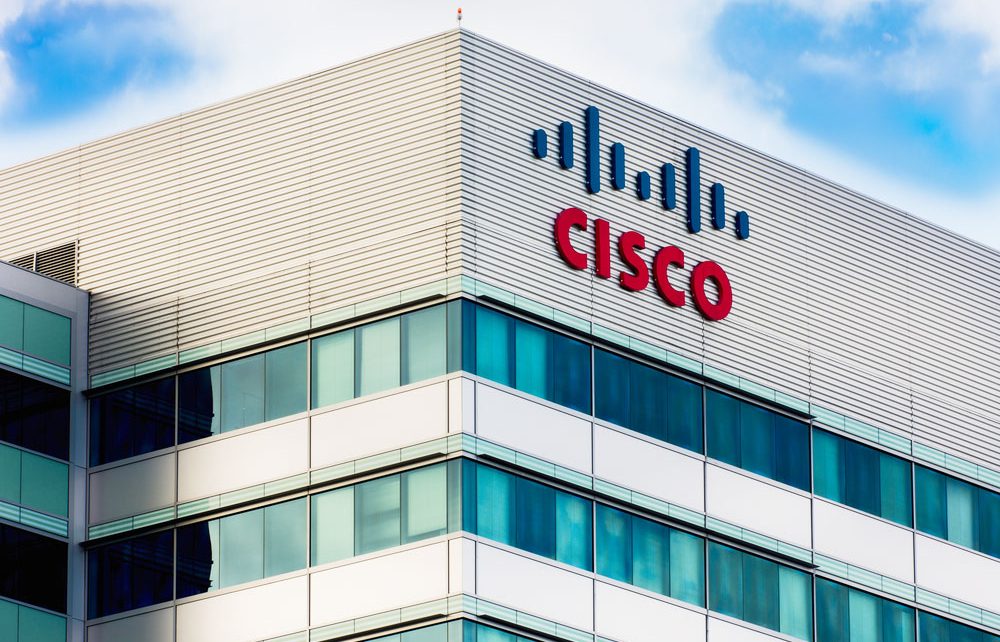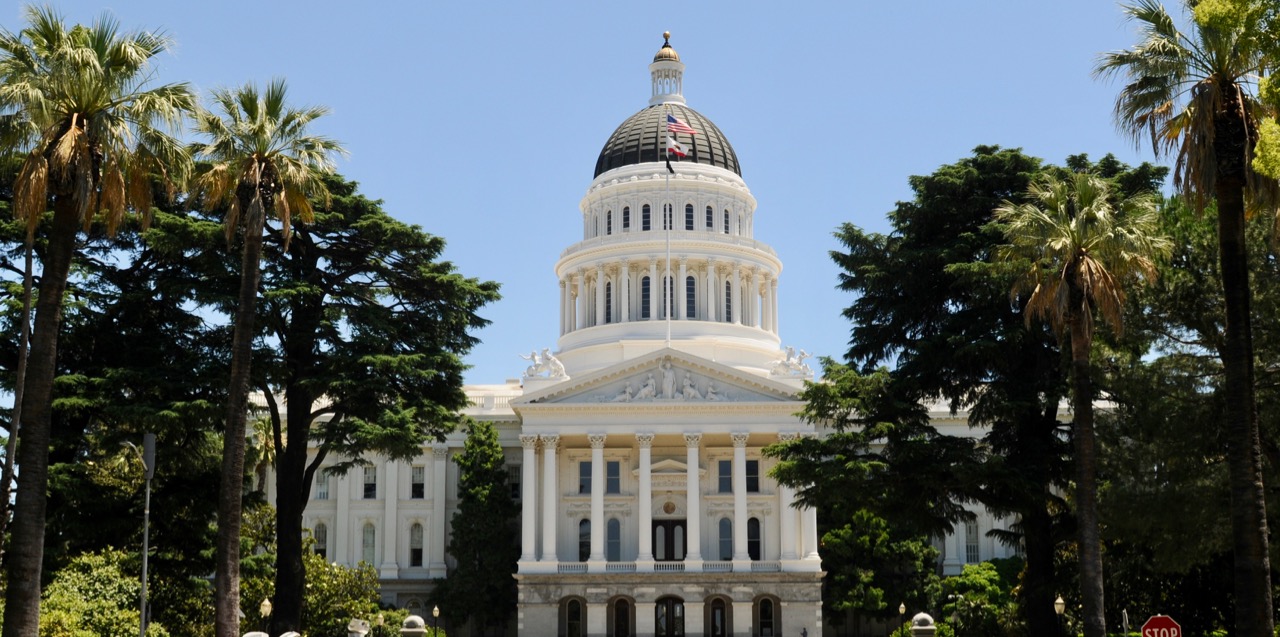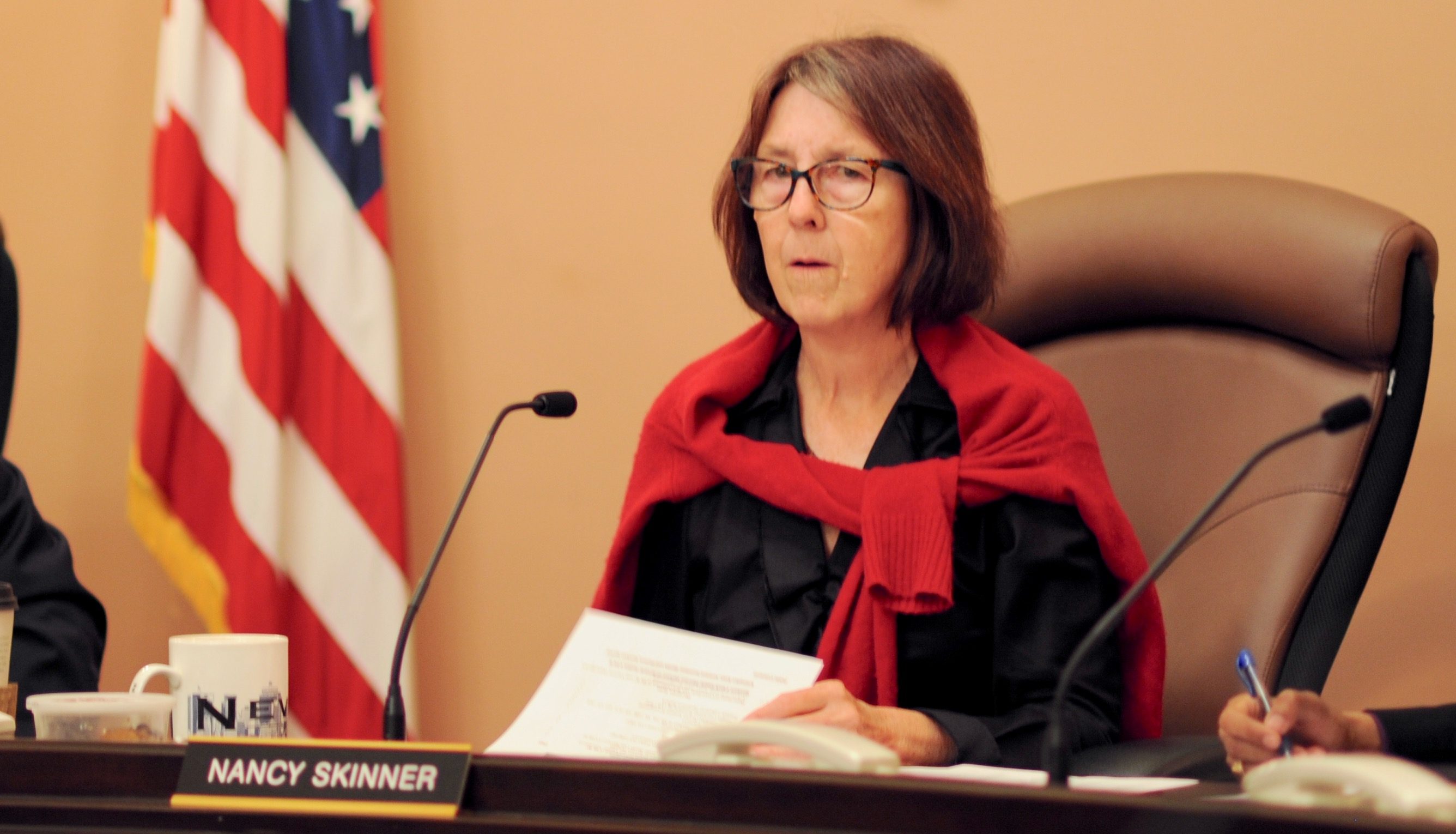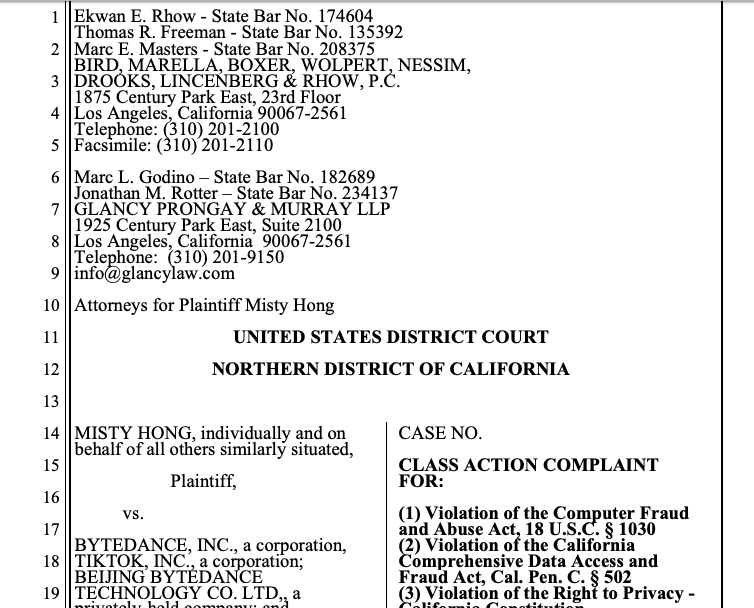
Cisco Building in San Jose. (Photo: Youtube)
California Sues Cisco Over Indian Class-Based Discrimination
Rare caste-based suit brings color, religious discrimination charges against San Jose tech giant
By Evan Symon, July 2, 2020 8:11 pm
On Tuesday, the California Department of Fair Employment and Housing (DFEH) sued tech company Cisco Systems of San Jose over enforcing Indian caste-based discrimination.
A rare Indian caste system discrimination suit in the US
In the suit, an engineer at Cisco states that he had been discriminated and harassed for being a member of the Dalit caste, also known as the ‘untouchables’ class. The two defendants, former engineering managers Sundar Iyer and Ramana Kompella, have been accused of employing the caste system within the company.
“In a nutshell, there are 5 main groups in the Indian caste system,” noted Kumar Khatri, a second generation Indian-American who owns a consulting firm in the Bay Area. “Dalits are at the bottom, and historically, they are seen as doing the lowest of the low jobs. For example, they have historically worked with leather. The cow is sacred to Hindus, and it’s seen as, to put it lightly, a great dishonor to be a tanner. Other higher castes are priests, and shopkeepers and other professions.
India has made strides for better treatment, much like how the US gives more opportunities to Native Americans and African Americans to make up for past injustices. But it hasn’t set among many people yet, and that’s why it’s seen some carry over across the ocean.”
The defendant claimed that, after being outed as a Dalit, he tried to bring attention of the growing discrimination to Cisco, who informed him that the caste system was not illegal in the U.S. The defendant subsequently lost many opportunities, was denied promotions, and lost at least one raise due solely to his Dalit caste according to the allegations.
Cisco has denied these claims, noting that Cisco is an inclusive to everyone.
“Cisco is committed to an inclusive workplace for all,” noted Cisco spokeswoman Robyn Blum in a statement. “We were fully in compliance with all laws as well as our own policies.”
The DFEH will sue primarily for violations to the Civil Rights Act of 1964 and the California Fair Employment and Housing Act. While there is no caste-based discrimination in U.S. law, the the discrimination allegedly happening because of a Hindu practice is covered under religious discrimination in the Fair Employment and Housing Act. And due to Dalits having darker skin than other Indians, color discrimination from the Civil Rights Act can also be enforced if any discrimination is found to have been happening at Cisco.
“It is unacceptable for workplace conditions and opportunities to be determined by a hereditary social status determined by birth,” stated DFEH Director Kevin Kish.
Cisco case spotlights caste system, Hindu discrimination in US
The case has brought national and international attention to San Jose, as Dalit-based legal matters are rare outside of India.
“In Western countries, there is no real caste system per say,” continued Khatri. “The closest equivalent was the Cagot class in France, and they largely muddled together over time. In the US, no one really cares about what caste you are besides other Indians who moved here. For people of lower castes, that’s a large reason why America has been very attractive. As long as you work hard, a Dalit can become a millionaire and be looked upon as a contributing member of society. A Dalit doctor in India, no one would go to. Here, they’re greatly respected by everyone but some higher caste Indians who also moved here.
Even in the UK, where there are many more people of Indian descent, the caste system is still somewhat there.
It’s the type of case you wish old prejudices from the old country didn’t pop back up, but they do.
For non-Indian Americans, this is very important, as it can really stretch the boundaries of what constitutes discrimination in both California and the US as a whole.”
According to an Equality Labs study, 67% of Dalit caste members had experienced some form of discrimination because of their caste in the US while one in two fear of being ‘outed‘as Dalit.
The lawsuit is expected to be heard in a federal court soon.
- Bill to Require Law Enforcement Disclosure if AI Was Used To Help Write Reports - August 7, 2025
- Gov. Newsom Files FOIA Request To ‘Expose True Cost’ Of L.A. Federal Troop Deployment for Anti-ICE Riots - August 6, 2025
- California Redistricting: How Newsom’s Plan Will Demolish Hard Fought GOP Gains - August 6, 2025





This is what happens when we invite the third world into our I.T. infrastructure…
And their work is usually late and inaccurate, requiring rework…